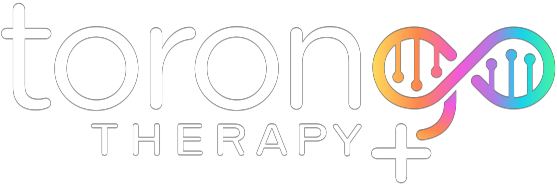Music Therapy
Let music be your guide, find your voice, and discover the healing power of music therapy.
What is Music Therapy?
Music Therapy is a form of research-based professional therapy, where music is clinical used to address specific goals related to people’s health, functioning and well-being. In other words, Music Therapy is the clinical use of music to address therapy goals.
Music Therapy can help with
Social Skills
- Turn-taking, Waiting & Sharing
- Following, Listening & Decision Making
- Join Attention & Joint Engagement
- Peer Interaction & Teamwork
Cognitive Functions
- Memory, Attention & Learning
- Planning & Problem Solving
- Decision Making
- Following Instructions
- Sequencing
Physiological Functions
- Gross & Fine Motor Skills
- Balance & Coordination
- Physical Dexterity & Endurance
- Locomotion, Laterality & Directionality
Speech & Communication
- Verbal & non-verbal communication
- Functional language & Phonetics
- Join Attention & Concentration
Sensory Processing
- Spatial Orientation & Balancing
- Sensory Motor Integration & Development
- Multi-sensory Processing
Self-Regulation
- Sensory & Emotional Regulation
- Impulse Management
- Identification of Moods & Emotions
Mental Health & Wellbeing
- Anxiety & Stress
- Moods & Energy Levels
- Motivation
- Other Mental Health Conditions
Self Expression & Agency
- Creative Expression
- Confidence Development
- Development of individuality & Personal Insights
Frequently Asked Questions
Who Could Benefit From Music Therapy?
Whether your needs are community building or clinical rehabilitation, music therapy can benefit anyone from any background.
Read What makes Music Therapy so effective & where can it be applied?
Why is Music Therapy effective?
Music’s effect can be observed in the whole body, down to the level of our DNA. It is simultaneously processed in the entire brain, overlapping with regions which control language, movement, memory, balance, coordination and much more. A trained Music Therapist from Torongo can utilise these connections to address a wide range of health realted goals.

Read more on What makes Music Therapy so effective & where can it be applied?
How is it different from listening to music?
Music Therapy can take many forms above and beyond just listening to music. Even if it is simply listening, the difference can be compared to speaking to a psychotherapist VS talking in general.
Do I need to be musically educated or skilled?
Absolutely not! Every person is inherently musically inclined. Which means that you are probably more musically talented than you think you are.
Whether you are a professional musician or a bathroom singer, a trained Music Therapists can customize the mode of therapy accordingly. It’s simple, if you like music (and who doesn’t) you can benefit from Music Therapy.
What should I expect from a Music Therapy session?
A trained music therapist uses the sessions as opportunities to use music as the primary form of therapy, or to compliment and enhance the benefits of therapy. Which means that, music therapy sessions can consist of a wide range of activities from music improvisation to listening, to discussion, movement, composition, relaxation, art and much more.
The bottom-line is no one will force you to do anything you don’t want to. It’s important for you to have a pleasant experience and take things at your own pace, while the therapist guides you to take the right turns.
To learn more and access free Music Therapy resources, visit our Resource Hub
